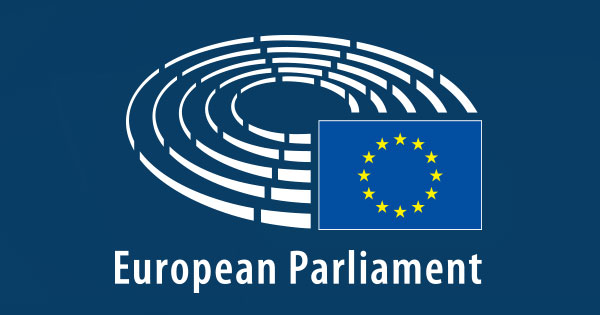On Thursday, Parliament adopted its position for negotiations with EU member states on new rules to increase the transparency of interest-representation activities carried out on behalf of third countries in EU member states, by 392 votes in favour, 88 against and with 133 abstentions. MEPs strengthened the Commission’s original proposal by refining definitions and introducing guarantees to ensure that legitimate activities that may contribute positively to public debate are not stigmatised.
Type of activities covered
The directive covers interest-representation activities carried out for remuneration (or other types of payment) that seek to influence policy, legislation, or decision-making in the EU. This includes organising or participating in meetings and conferences, submitting input to consultations or hearings, running communications campaigns (including via social media influencers), preparing policy papers, proposing draft amendments, and conducting surveys.
Activities such as official government or diplomatic functions, media services, legal advice, and academic research are excluded. MEPs want to safeguard the activities of civil society organisations; funding from third-country grants unrelated to lobbying would not be considered remuneration.
Democratic oversight
To strengthen transparency and democratic accountability, the directive would require independent national authorities to maintain mandatory registers, which would be interconnected through a centralised EU portal. After registration, entities would be issued with a unique European interest representation number (EIRN), valid throughout the EU. MEPs stress that data should be presented in a factual and neutral way, while mere registration should not create a climate of distrust.
Protection against stigmatisation
MEPs also want to make sure that, unlike certain ‘foreign agent’ laws in some countries, the directive cannot be used to label or penalise entities, including civil society organisations, or to restrict civic engagement. Nor should it be used to prohibit activities or require disclosure of third-country funding that is unrelated to interest-representation efforts.
Quote
Rapporteur Adina Vălean (EPP, Romania) said: “Transparency is not an ideological issue, it is a basic condition for democratic trust. Under this directive, anyone seeking to influence decisions in EU countries on behalf of a foreign government will have to register and be visible. It establishes clear, uniform rules across Europe, without labelling or burdening legitimate organisations.”
Next steps
Parliament is now ready to start negotiations with the member states, once the Council adopts its own mandate.
Background
Interest representation activities, known as lobbying, are dealt with by member states differently. Currently, only 16 member states have taken steps towards regulating general interest representation activities. This is causing market obstacles and uneven competition. Furthermore, it may push interest representation towards less regulated states to evade stricter rules. When the draft rules were initially presented by the Commission in 2023, a survey showed that 81% of Europeans believed foreign interference in democratic systems to be a serious problem that needed to be addressed.

